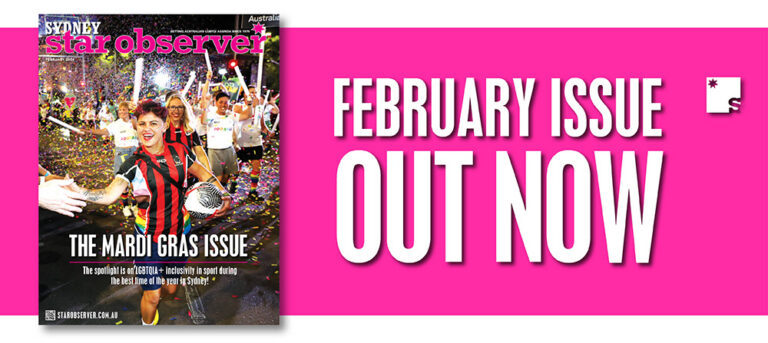
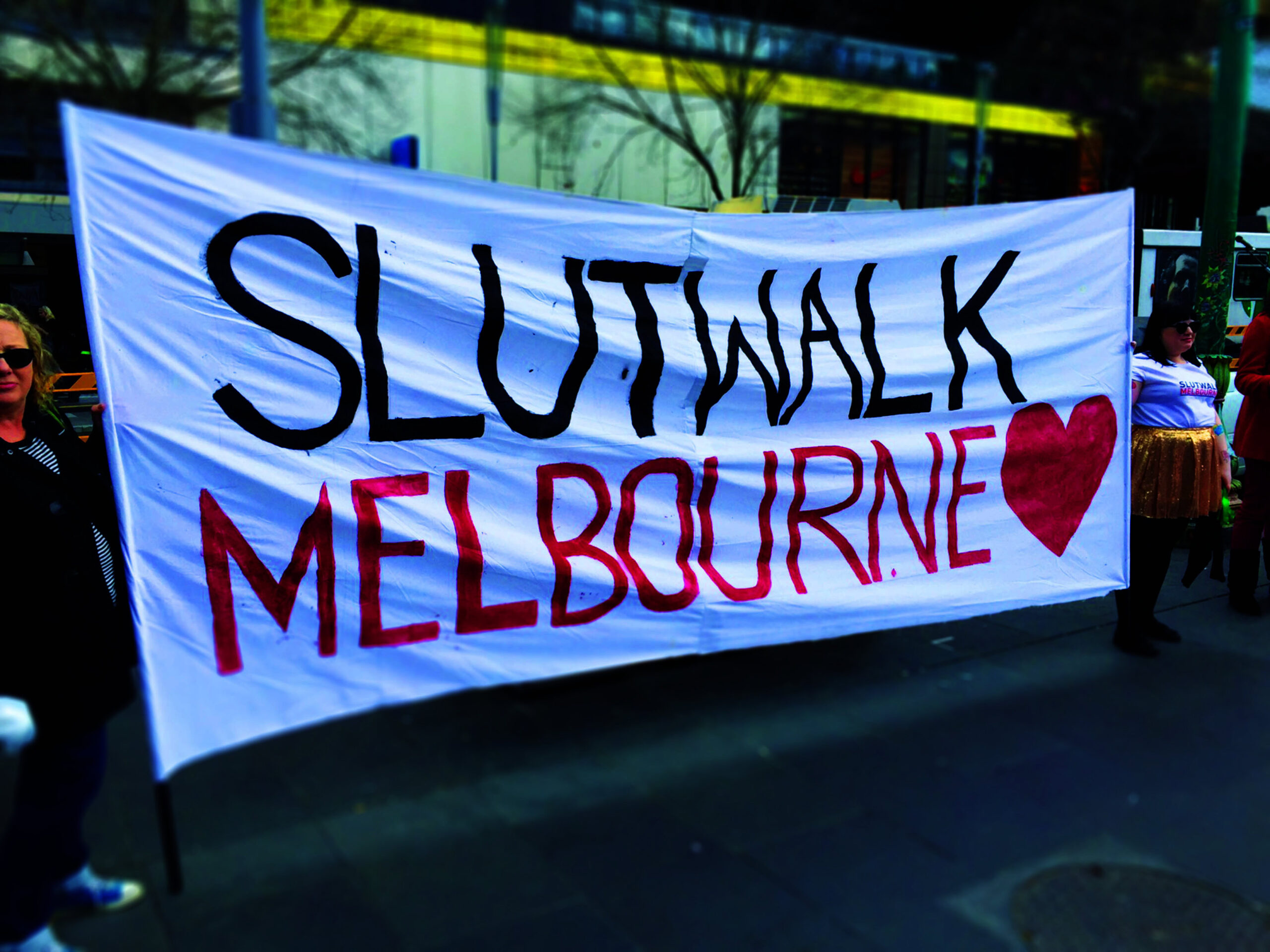
It’s a double edged sword: as a queer woman, your sex life is objectified if you’re too femme, or dismissed if you’re too masc. In light of the recent SlutWalk rally in Melbourne to protest slut-shaming and victim-blaming, Matthew Wade spoke to a queer woman and non-binary person about how their sexual identities are policed in Australia.
Men often fetishise the sex lives of queer women or erase them completely, with little elbow room in between.
When she first came out and started dating women, Natasha Smith was femme-presenting, and her sex life was a point of objectification.
“A common question at the time was around what I did in bed, but not in a way that made me feel empowered,” she told the Star Observer.
“People would ask if what I did was really sex, and who the ‘man’ was in the bedroom.
“When there’s no man involved other men have to try and figure out what this tantalising thing is… when a woman’s sexuality isn’t defined by them they turn it into a form of entertainment.”
On the flip side, Smith believes the sexualities of queer women that are more masc-presenting are often invisible, as they’re not seen by men as ‘real’ women.
“Queer women live in this weird dehumanising space where they’re stigmatised as sex objects for the straight male gaze or they’re denied,” she said.
For her Master’s thesis Smith focused on the impact homophobia and sexism had on same-sex attracted women.
She interviewed women aged 18 to 60 and many told her they had experienced street harassment and ogling, with men yelling at them for holding another woman’s hand.
“There’s this idea that you’re an object but if you fight back and resist that, it comes with the threat of escalating violence,” she said.
For many of her interviewees, revealing their sexuality to a male who may be flirting with them in a nightclub would have damaging repercussions.
“As soon as they said they were a lesbian, they’d be called a slut, a dyke, and would be subject to public humiliation,” she said.
While shame and stigma are commonly heaped on the sex lives of queer women, this becomes much more apparent when a queer woman has a more grievous encounter with sexual assault or rape.
According to the United Nations, Australia has one of the highest rates of reported sexual assault in the world, more than double the global average.
However, because men often try to delegitimise the sexualities of queer women, their voices and experiences are left off the table.
Smith believes rape culture affects society at large, but that for queer women it can be particularly damaging.
“If you’re a queer woman and you happen to be more masc-presenting there’s a weird sort of erasure of your sexuality,” she said.
“And because people misunderstand rape as something connected to sexuality, many think queer women aren’t likely to be raped.”
When it comes to survivors of sexual assault and rape, Smith wants to debunk a common misconception: that rape is about sex.
“There’s an assumption when it comes to sexual assault and rape that they’re inherently sexual acts – but they’re not,” she said.
“They’re violent acts of power that use sex as the weapon.
“The myth that rape is somehow related to the sexual attractiveness of women is what leads to the dismissal of the experiences of queer women.”
Beyond the masculine and feminine gender binary that subjects queer women who present either way to sexual fetishisation or erasure, queer women who sit somewhere along the spectrum also face stigma around their sexual identity.
Where Smith recalls being asked intrusive questions about her sex life as a femme-presenting woman, Melbourne resident Luca Vanags-Smith is at times assumed to not have one.
As someone who now identifies as gender queer, Vanags-Smith has seen a noticeable shift in the way her sexual identity has been perceived.
“I think if you’re femme you’re hyper sexualised, and if you don’t fit the stereotypical model of femininity you’re invisible,” she said.
“I’ve had the lived experience of being gender queer for about two years and I’m viewed by many men as being sexless, or as being an asexual creature.
“I think there’s also this idea that two people that have vulvas can’t really have sex because there’s no penetration involved, so men see women sleeping with each other as entertainment for them.”
The desexualisation and dismissal of masc-presenting or gender queer women can also lead to homophobic views around Vanags-Smith’s sexual identity and her relationships with other women.
“I think when I was more femme-presenting people didn’t take it as seriously, but now my relationships often get pushed into a more heterosexual lens, which isn’t the case at all – after three or four months at a job I had, I had to break it to my boss that I wasn’t in fact a man,” she said.
“It can definitely erase the queerness of my relationships.
“People just assume I must be the one that uses the strap on, when one: that’s none of their business and two: that isn’t the case at all.”
Vanags-Smith has also found that heterosexual men will treat her as ‘one of the guys’ and attempt to engage her in a sexist conversation.
“Men will come up to me, point out a particular woman and say, ‘she’s got a great ass mate,’” she said.
“I know how awful that can make someone feel, especially a same-sex attracted woman.
“I’ve also had guys calling me love and telling me I just haven’t had a good fuck, and asking me how I have sex.”
As a means to combat this, Vanags-Smith believes sex education in schools needs to become increasingly sex positive.
She also added that sexist attitudes and misogyny are the bedrock of homophobia, transphobia, and whorephobia.
“With same-sex intimate relationships between women, men don’t really fit into that equation,” she said.
“And some see that as affronting.”
Melbourne recently played host to the annual SlutWalk rally, a march developed as a means to protest the slut-shaming and victim-blaming of women around the world, irrespective of gender or sexual identity.
It was created in Canada in 2011 after a police officer said “women should avoid dressing like sluts” if they wanted to avoid being sexually assaulted.
In Melbourne the rally sees speakers with a diverse range of experiences speaking out against misogyny and rape culture, and how it affects women.
Smith believes SlutWalk does well at being as inclusive as it can be, particularly now that the conversation around trans and queer identities has become more prominent.
“When I started going to SlutWalk I wasn’t as out as I am now, and it was through being emerged in the march that I found a community of feminists that understood me,” she said.
“They enabled me to grow into someone I’m very proud of and to be comfortable in my sexuality.”
Vanags-Smith said she loves SlutWalk because it changes people’s opinions of what a sexual assault survivor might look like, to include women of different ages, cultural backgrounds, and sex ual and gender identities.
“It acknowledges that there may be people who are femme and attractive, but there may be women who don’t fit these archetypes who may also experience sexual assault,” she said.
“The idea that some women are more at risk than others is a massive myth in rape culture that SlutWalk seeks to dismantle.”
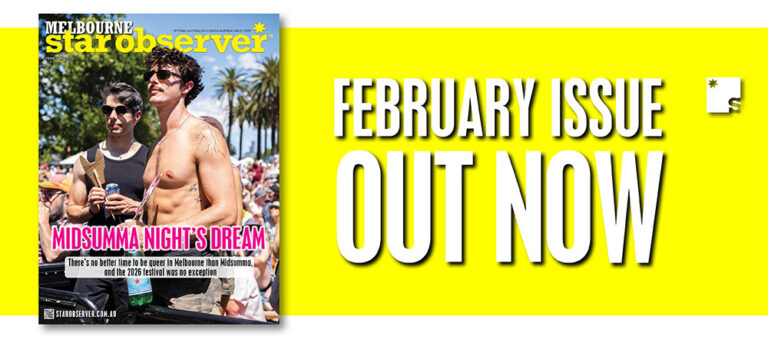
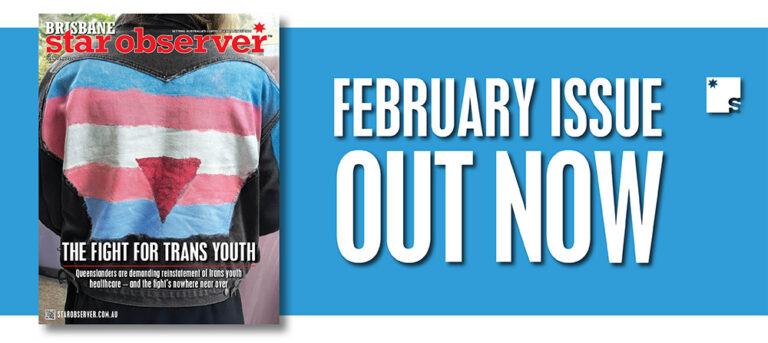
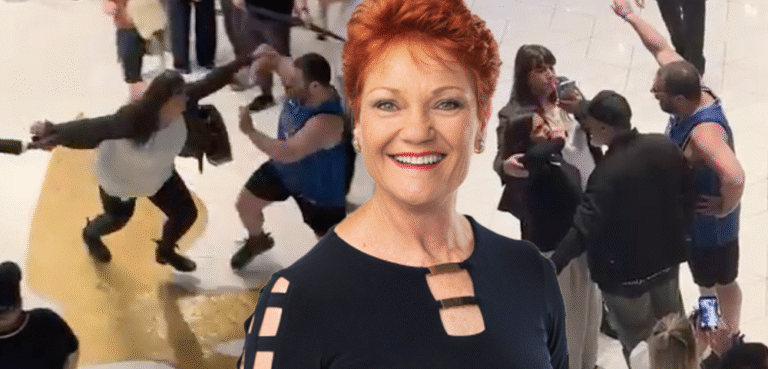
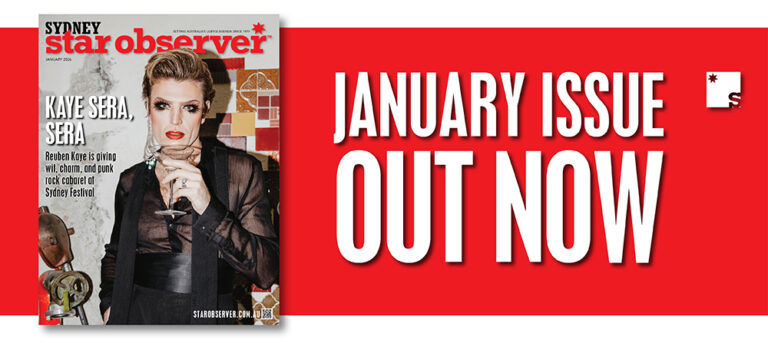
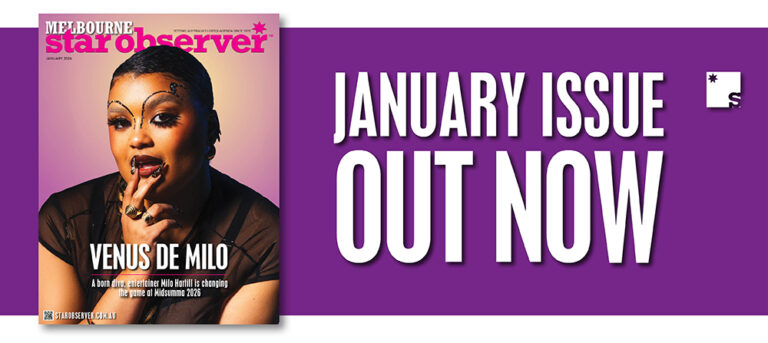
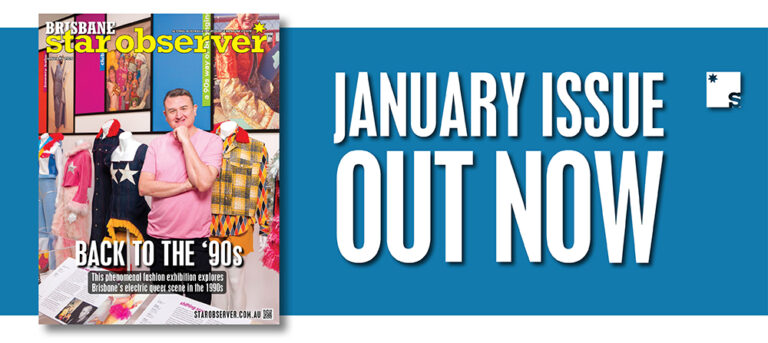
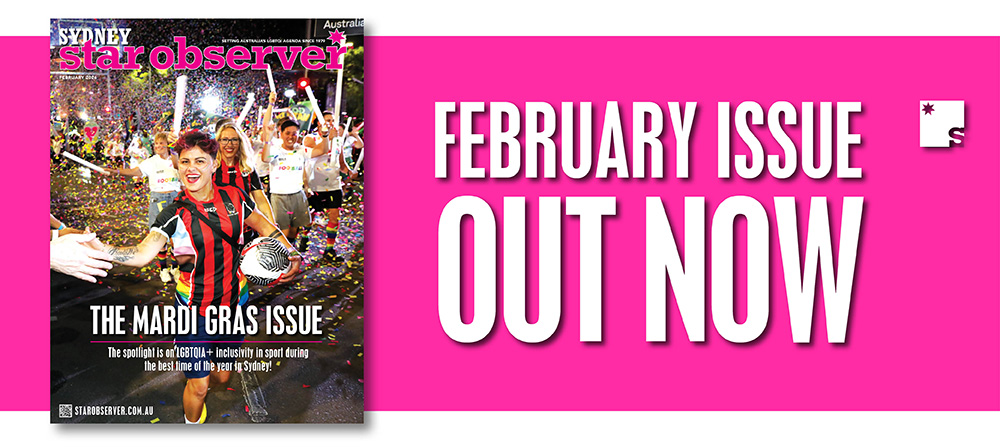
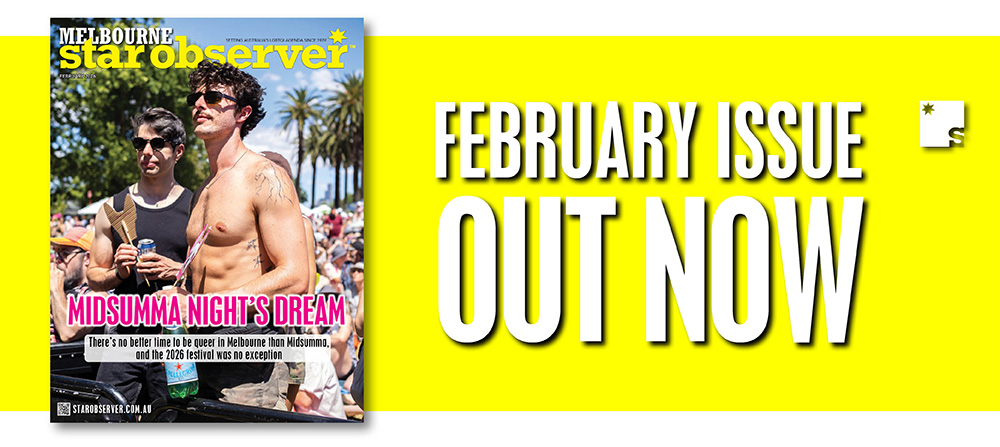
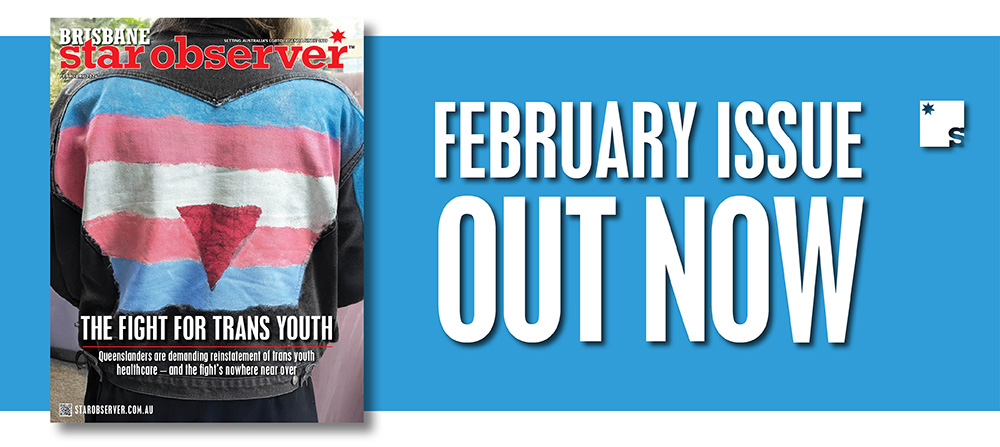
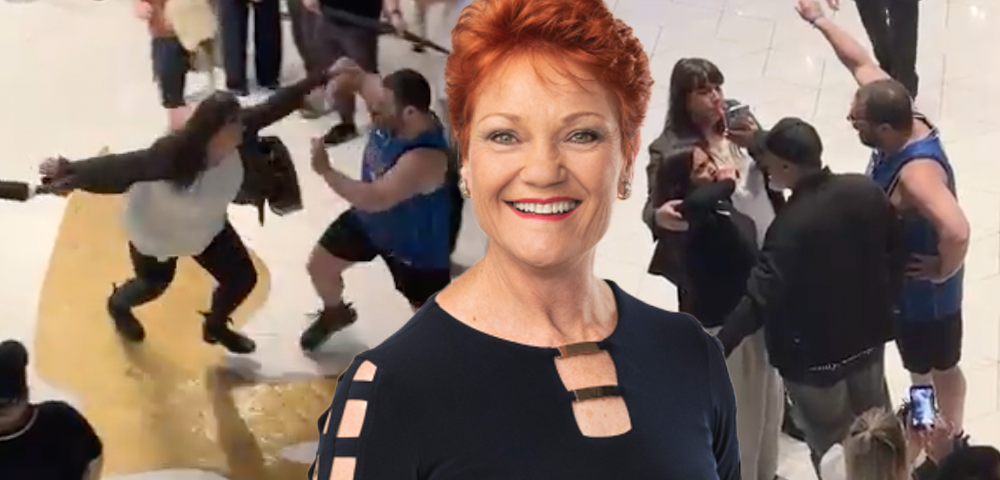
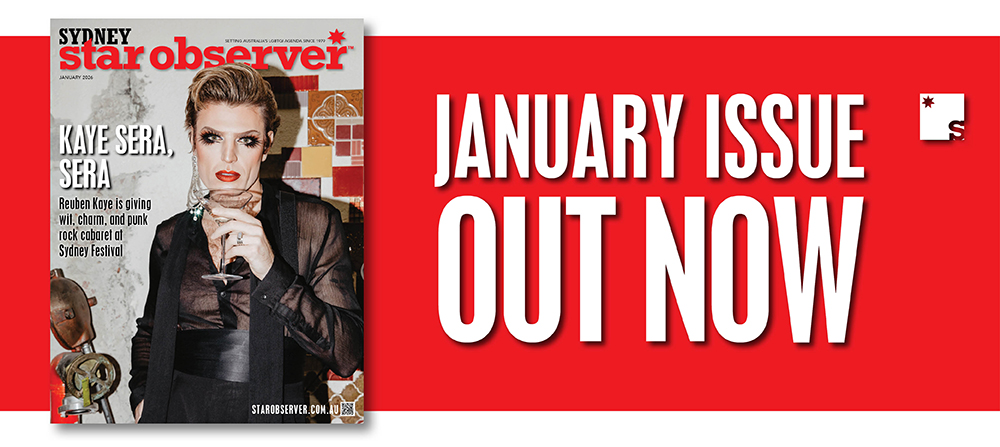
Queer Queer Queer Queer Queer… Oh how boring & tired sooooo last century what I find truly ‘Queer’ is that any one would attempt to appropriate a historical hate slur where no doubt many thousands on thousands across the globe were brutalised or murdered while having it spat at them, to be worn as if some how revolutionary or a badge of honour, when it actually spits in the face of so many who suffered so much under its brutal verbal & physical assault, it’s that philosophical decay still emanating from the fringe left and their ‘theoretical replacement theology’ put it to rest and be more inventive and intelligent